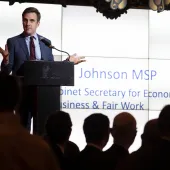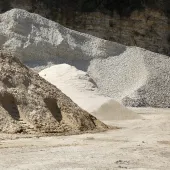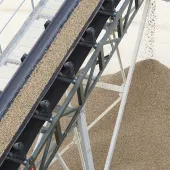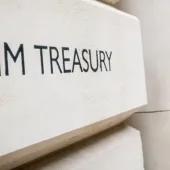PBR invites debate as aggregates levy stays on hold
LAST month’s Pre-Budget Report (PBR) called upon the aggregates industry to continue to present evidence to government while the aggregates levy remains frozen for another year. In response, the Quarry Products Association says it will continue to work across the industry to source the evidence required to combat the levy, or any potential increase.
The QPA adds that the PBR continues to perpetuate the Government line that ‘there is strong evidence that the levy is achieving its environmental objectives, with sales of primary aggregate down and production of recycled aggregate up’. It says this statement continues to find its way into Government documents despite overwhelming evidence to the contrary.
The QPA’s key position remains that the aggregates levy has proved to be an environmentally ineffective measure. It says it has not contributed to minimizing the operational environmental impacts of aggregates supply, rather the operational impact of the industry has reduced significantly in recent years due to a combination of improving operational practices and techniques, high-quality restoration of sites, and changing regulations and legislation.
The QPA also points out that the Environment Agency records a very low incidence of pollution incidents from the aggregates industry and even describes the industry as the ‘best environmentally managed’ in its 2005 Spotlight on Business document.
QPA director general Simon van der Byl said it was testament to the representations on the aggregates levy that the Government continues to freeze it. ‘The bottom line is that the levy fails even the Government’s own tests of good environmental taxation – notably the requirement that environmental taxes must deliver real environmental gains cost-effectively.’
‘However, we do welcome the Pre-Budget Report’s invitation to continue to present evidence from industry to combat the levy and this, at the very least, reveals that the Treasury is willing to listen to us in the ongoing debate surrounding the tax.’









